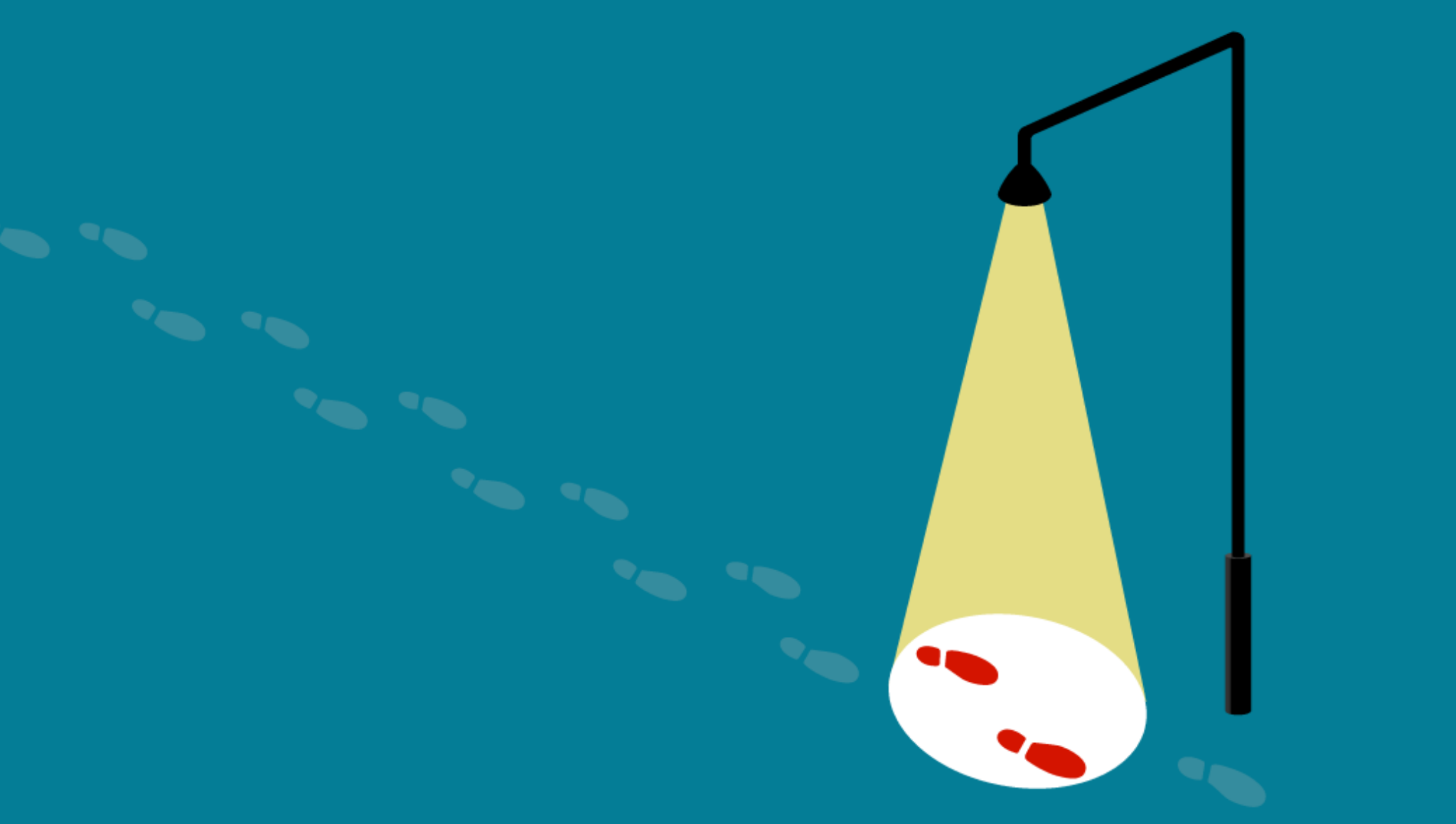Participants of the Media4Change’s Investigative journalism competition from Lithuania and Slovakia spent 36 hours per week on understanding the principles of investigative journalism, exploring various important topics in their fields of interest, deepening analytical skills and networking with like-minded people. A workshop week full of inspiring and creative online workshops and discussions was the final element of the second stage of the Investigative journalism competition. During the sessions 15 teams from Lithuania and 9 from Slovakia improved their investigations’ plans for the final evaluation.
Media4Change’s creative workshops – investigative journalism incubator
Participants of the Media4Change’s Investigative journalism competition from Lithuania and Slovakia spent 36 hours per week on understanding the principles of investigative journalism, exploring various important topics in their fields of interest, deepening analytical skills and networking with like-minded people. A workshop week full of inspiring and creative online workshops and discussions was the final element of the second stage of the Investigative journalism competition. During the sessions 15 teams from Lithuania and 9 from Slovakia improved their investigations’ plans for the final evaluation.
Space for cooperation
The participating teams consist of representatives of different newsrooms and independent journalists. One of the distinctive features of the investigative journalism competition was the creation of a space for cooperation and its promotion, at both national and international levels.
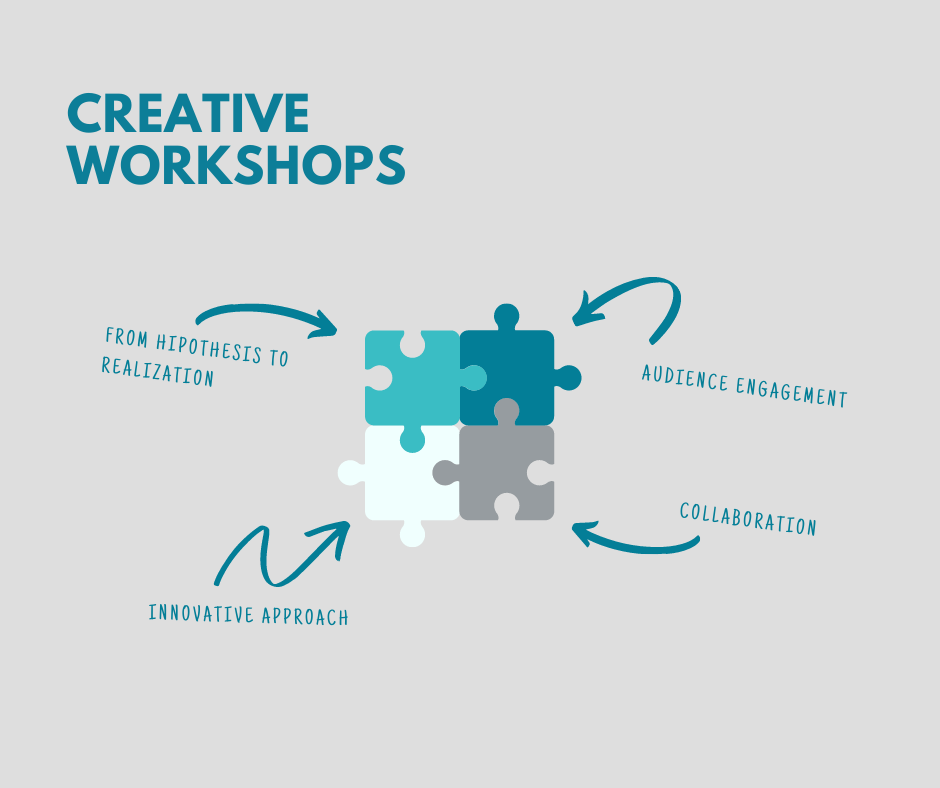
The participants got acquainted with the Media4Change community and what it offers. Representatives of the Media4Change from Lithuania (NISI) and Slovakia (European Dialogue) discussed with the participants the advantages of joining the community and possibilities of how they can use it to collaborate, learn, and better communicate with the audience – through online tools, but also events, consultations, or mentoring.
The participant of the competition Irma Bogdanavičiūtė notices that the week in the virtual creative workshop reminded that journalism is not only an individual work. “First of all, you feel very strongly that there is a community, and you are not left alone working on difficult stories,” says I. Bogdanavičiūtė.
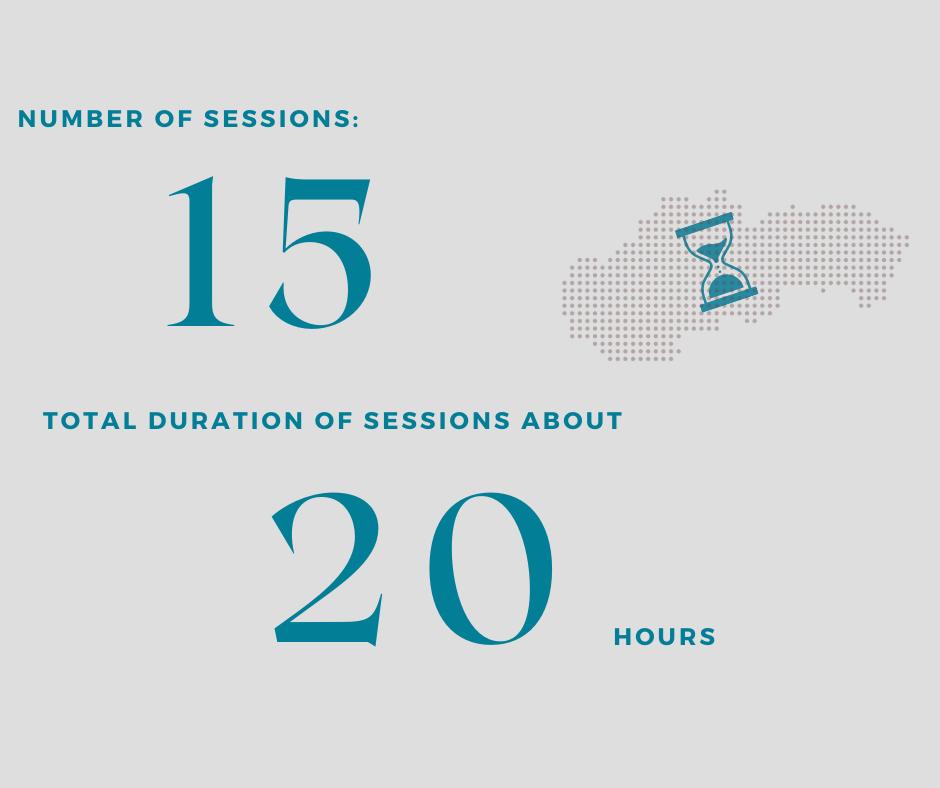
Journalists from 6 editorial offices throughout Lithuania and freelance journalists took part in the creative workshops. Daiva Bartkienė, who works as a correspondent for the Šilalė newspaper Šilalės artojas and collaborates with other regional and national media, notices that in the regional media, investigative journalism often has to be abandoned due to small editorial capacity.
“When working in regional newspapers, it seems that there is no time for investigations, because the newspaper is like a conveyor belt and you can’t leave blank pages for readers. As a result, many editors look at investigations with caution, or at least discourage journalists from doing it. And if you want to dig in some stories, you are given as much time as for any other story, even a very simple essay,” says Bartkienė.
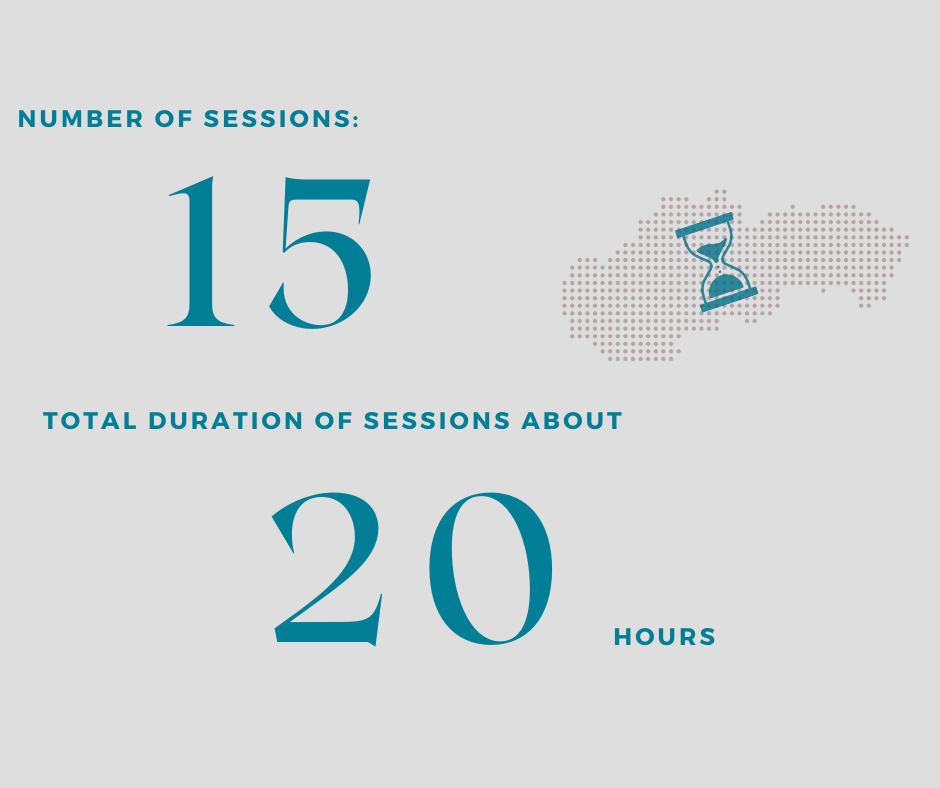
Bartkienė adds that in small cities there are many stories that are worth of large investigations, so this encouraged her to participate in the competition.
“Although it is always said that municipalities lack money, there is nothing equal to the cunning of politicians in allocating them. And where money is, there are always holes and corruption. To confirm intuition, you need to have tools that can help tie the ends. Therefore, in the creative workshop, communicating with much more experienced colleagues, we learned really useful and facilitating things,” says Bartkienė.
Creative workshops – space for sharing experiences
The goal of workshop week was to make it easier for participating journalists to create or enhance their plans of investigations.
Some sessions were dedicated not only to deepening investigative journalism skills and broadening horizons, but also sharing of experience, and meetings with Lithuanian, Slovak, and foreign experts and journalists.
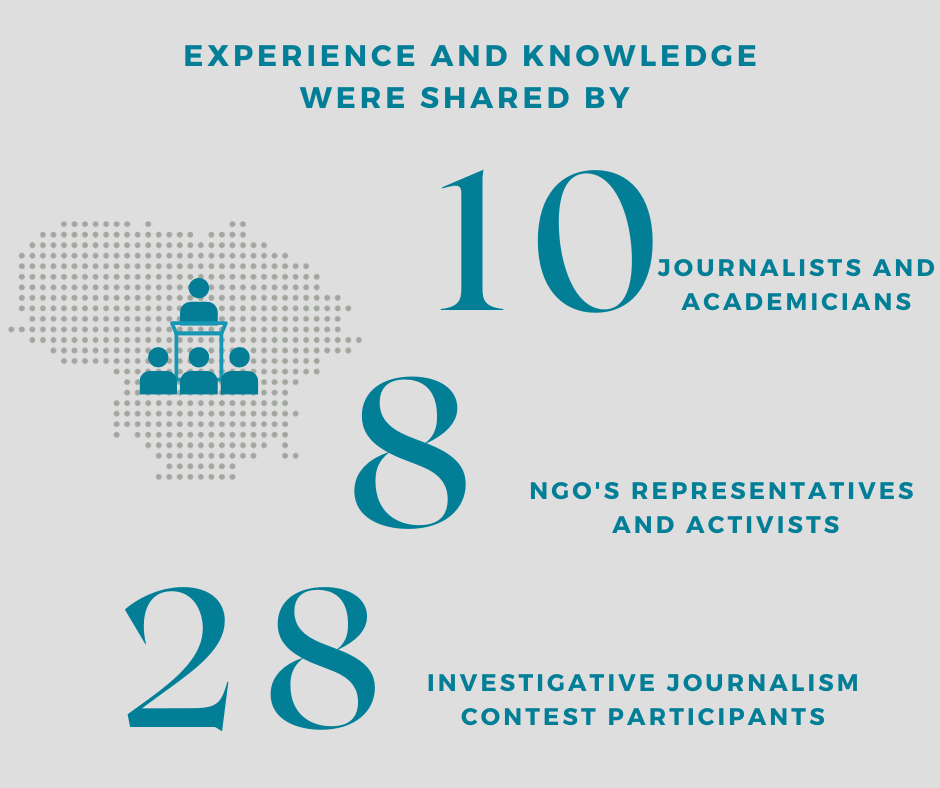
Especially the end of each day was devoted to discussions with participants, consultations, and the so-called matchmaking, which helped participants to find colleagues and form or join the team. Thanks to matchmaking, three new teams in Slovakia and one in Lithuania were created.
Despite the optional participation, most journalists participating in the Competition took an active part in online events and discussions, consulted their proposals and expressed interest in further cooperation and education within the Media4Change community. Participants appreciated the active, caring and friendly approach of the organizers.
“The creative workshops were very useful and inspiring. Starting with David Caplan, head of the Global Investigative Journalism Network. His speech could persuade every journalist to try investigative journalism. Also very interesting was Meredith Turk’s talk on how to engage audiences in news production. I think that the media should use this principle more often, ” says Aurelija Babinskienė, a participant of the workshop.
Space for new ideas
For the competition, journalists offer investigative ideas on corruption, the environment, and human rights. During the creative workshops, the participants met with representatives and activists and representatives of non-governmental organizations working in these fields. They presented their activities and topics that they felt are currently important and worthy of journalists’ attention.
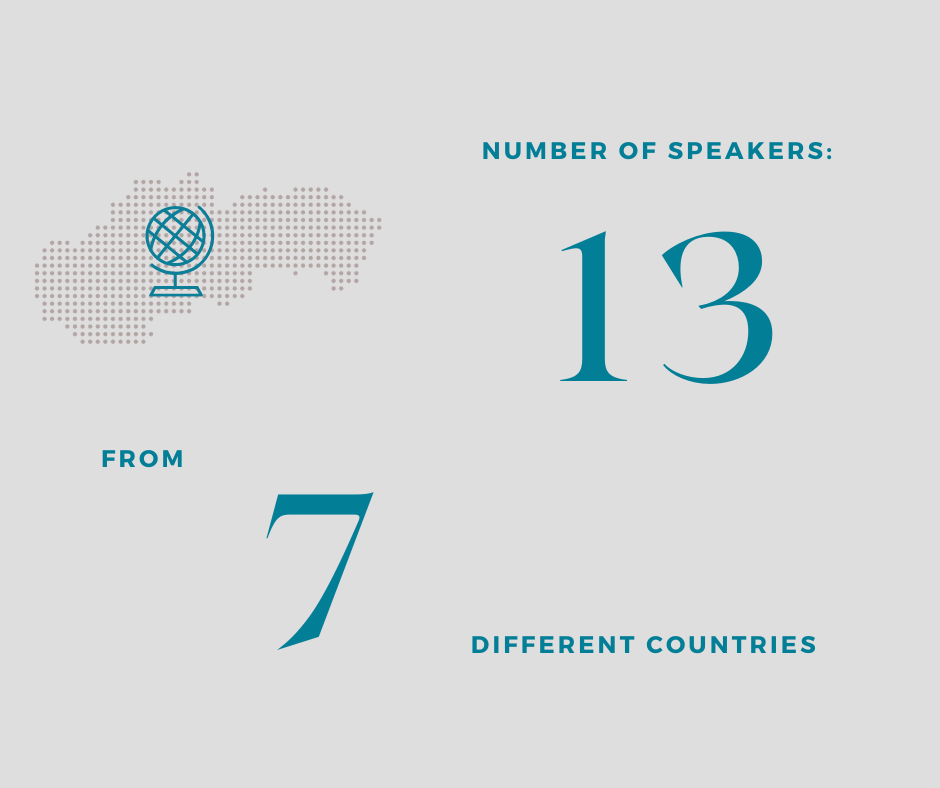
“It was a good idea to present the important topics and offer them to the participants because it is difficult to find the ideas, sometimes we waste time on not always essential or not always the most important topics, and in fact, there are topics that are very good and very invisible,” says I. Bogdanavičiūtė.
The participants also learned about interactive tools for presentation of data and media products, and international opportunities for professional growth. During the presentation in Slovak, Melinda Simonova from Active Citizens Fund shared insights into how good practices from the field of active citizenship can support the success of an engaged journalism approach.
During the creative workshop in Lithuanian, investigative journalists Rūta Juknevičiūtė, Indrė Makaraitytė, Šarūnas Černiauskas shared their experience. Participants had the opportunity to try out tools, databases that are especially useful for investigative journalism.
One of them is the most comprehensive public database in Lithuania, karstospedos.lt, which allows quickly and easily see how politicians, high-ranking civil servants and businesses are interrelated.
“Karštospedos.lt was a discovery for me. More tools like this and finding connections between those that seem to be untied will be much easier. And then finding the evidence of corruption ties becomes simpler,” says Kristina Kučinskaitė, a participant in the competition.
Marius Aleksiūnas emphasizes that creative workshops helped to discover new angles.
“It was really fun to participate and gain a lot of new ideas, maybe even a different approach to the investigative journalism itself,” says Aleksiūnas, the participant of the competition.
Some of the participants of the creative workshops encountered investigative journalism for the first time, so they decided to delve into the topics and develop them outside the framework of the competition.
“We learned a lot. Now we clearly understand what is needed for a good investigation and we will return with new strength,” says Karolina Balčiūnaitė, who withdrew from the competition.
Programme in Slovakia also included several prominent experts. Pavla Holcová from the Czech Center for Investigative Journalism led a 3-hour workshop on current best practices in investigative journalism. Doc. Juraj Rusnák from the Department of Communication and Media Studies at the Faculty of Arts at the Prešov University of in Prešov delivered a lecture on the topic of investigative journalism in the era of digital media (including formulation of good methodology and verifiable hypothesis), and doc. Ján Hacek, Head of the Department of Journalism at the Faculty of Arts at Comenius University in Bratislava introduced the participants into the topic of open sources and data with a focus on investigative journalism.
What’s next?
During the few days before the deadline, the participants of the Competition had – and some of them also used – the opportunity to consult the draft versions of the investigative proposals and receive more detailed feedback.
The research plans submitted after the creative workshops are currently being carefully evaluated by the Investigative Journalism Competition Commissions, parallelly in Lithuania and Slovakia.
The 3 teams from each of the involved countries that submitted the best rated research plans will receive a € 4,000 scholarship to carry out the research.
The remaining contestants will compete for the main prize. One team from Lithuania and Slovakia which will have implemented the best investigation will be awarded a prize of € 4,000.
More detailed information about the competition deadlines, the selection of participants, the different stages and the evaluation criteria of the investigations can be found in the competition regulations.
Background
The Local Investigative Journalism Fund is part of the Media4Change – Future Story Lab project. It’s run by the National Institute for Social Integration (Media4Change programme) and European Dialogue to encourage collaboration, innovations, excellency, and professional standards, and ultimately increase the quality of investigative journalism in Lithuania and Slovakia. The Local Investigative Journalism Competition aims to support journalists and media who create investigative stories of local significance focusing on issues of public interest, especially those that are not sufficiently covered or exposed at all.
The whole project is co-funded by the European Commission – DG CONNECT – under the 2019 call for proposals “Media freedom and investigative journalism”.
Disclaimer
This article represents the views of the authors only and is their sole responsibility. The European Commission does not accept any responsibility for the use that may be made of the information contained in this text.
